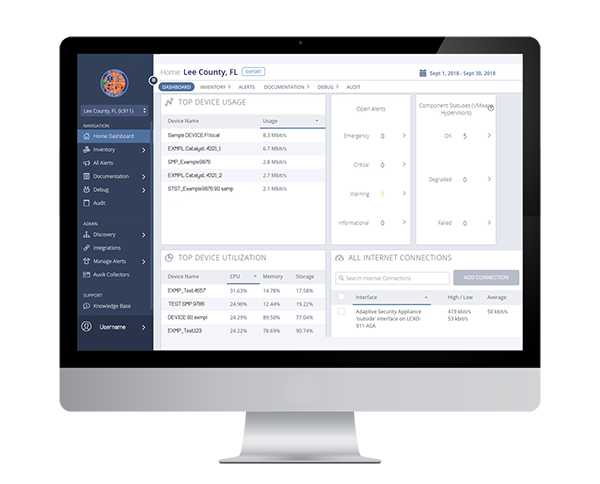New EOC Facility Improves PEMA’S Operational and Administrative Capabilities
In Summary:
-
A Pennsylvania statewide EOC agency suffered from a lack of space at an aging facility that prevented them to introduce new technology and replace antiquated systems.
-
MCP and its partner, SCHRADERGROUP, worked together to help PEMA build a new state-of-the-art facility and ancillary building that opened in July 2016.
-
The new facility is considered a crown jewel that dramatically enhances PEMA's operational and administrative capabilities
Overview and Agency Challenge
An Emergency Operations Center (EOC) facility located in Harrisburg, PA is home to the Pennsylvania Emergency Management Agency (PEMA), a cabinet-level agency that is tasked with coordinating prevention, preparedness, response and recovery activities related to natural and man-made emergencies in the Commonwealth of Pennsylvania. Lack of space and age prevented them from serving the needs of a statewide EOC and limited their ability to introduce new technology and replace aging systems.



